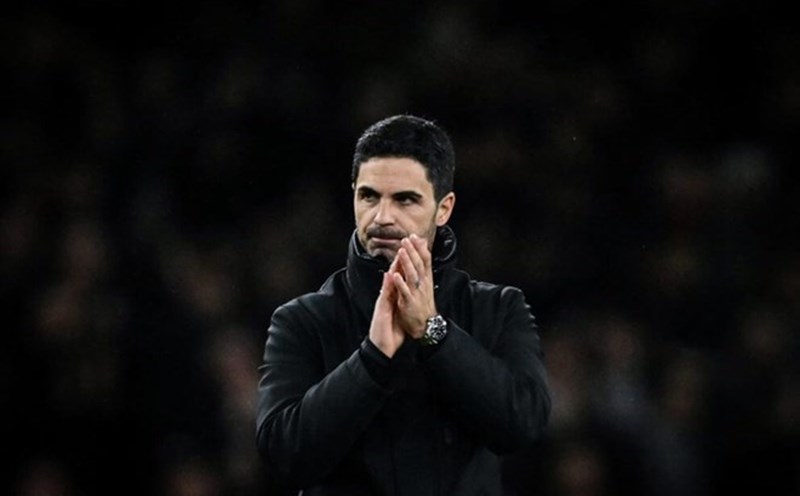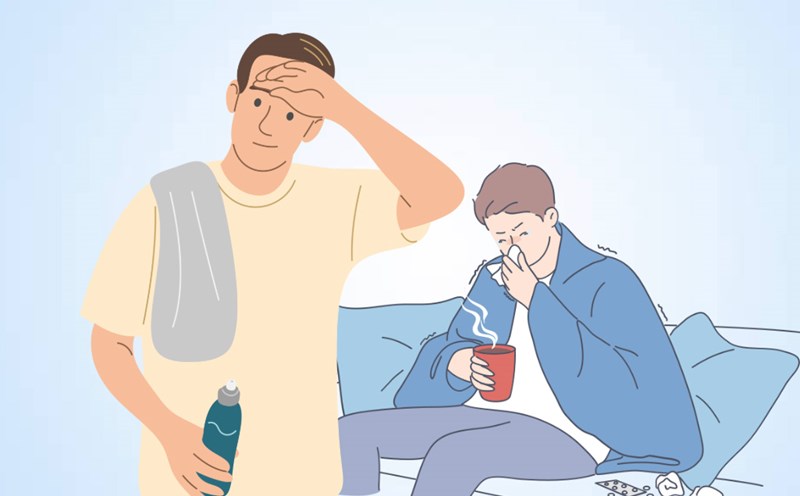When summer is at its peak, maintaining the habit of exercising outdoors becomes a big challenge. Exercising in hot environments not only causes you to lose energy quickly but also poses potential health risks if you do not take appropriate precautions.
sweating is not just normal, it is a survival mechanism
When exercising, the body tries to cool down by increasing blood circulation to the skin and secreting sweat to cool down through the evaporation process. However, if sweat is excreted too much without proper rehydration, you will easily fall into dehydration, fatigue and may even experience conditions related to heatstroke.
According to Dr. Heidi Moawad, a neuromedical expert at Case Western Reserve University (USA): Your body can adapt to hot weather, but if you lose water too quickly without compensation, the organs start working ineffectively. Just a 2% reduction in water intake can significantly affect your exercise performance."
Reduced efficiency, calories are also harder to burn
In hot weather, your circulatory system works harder to cool down your body, causing your heart to beat faster and you feel tired sooner. According to a study published in the Journal of Applied Physiology, exercising in cool conditions can help the body burn more calories and maintain a higher intensity for longer than when at high temperatures.
Many people consider a few blemishes after a workout as a sign of fat loss, however, Dr. Moawad emphasizes: The change in weight immediately after a workout is mainly due to dehydration, not fat. You will gain weight when you get enough water".
Warning signs and prevention
Some symptoms of severe dehydration include dizziness, headache, cramps, rapid heartbeat or nausea. If not treated promptly, dehydration can lead to exhaustion due to heat or heat stroke, a life-threatening condition.
To exercise safely in hot weather, you need to:
Wear light, cool clothes.
Supplement water and electrolytes before, during and after your workout.
Take a break every 15-30 minutes.
Avoid caffeinated or alcoholic beverages.
Find shade or practice early in the morning or late afternoon.
In addition, if you want to continue exercising outdoors in the summer, listen to your body and do not try to overcome the barrier, the effectiveness comes from endurance, not too much.
Exercising in hot weather is not interdisciplinary, but it should be done scientifically. Pay attention to your body's signals, drink enough water and adjust the appropriate intensity are the keys to helping you maintain your form while still ensuring safety.











